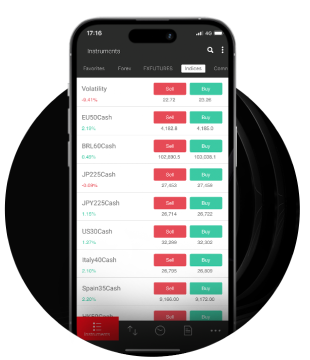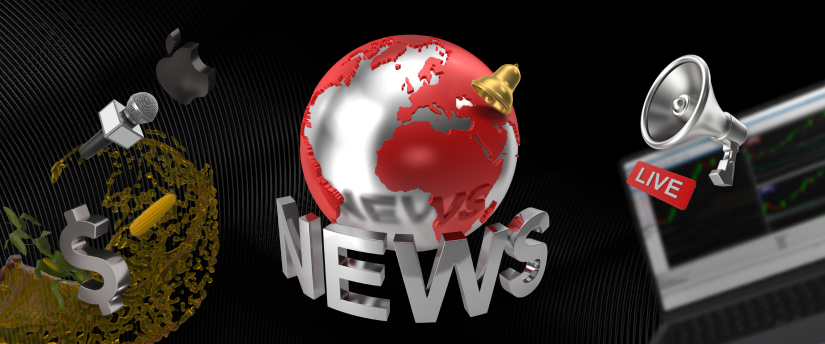U.S. stock futures gained on Monday morning after the worst week for tech stocks since April. Senate lawmakers took a critical step toward a potential deal that could soon end the historic U.S. government shutdown.
Market movements and commodity updates
Dow Jones Industrial Average futures added 112 points, or 0.24%. S&P 500 futures gained 0.77% and Nasdaq-100 futures rallied 1.29% higher. Bitcoin topped $106,000 after an approximate gain of 3%. West Texas crude futures increased 0.7% and gold futures climbed 1.2% and the ICE U.S. Dollar Index remained flat.
Senate progress toward ending the shutdown
Investors are closely watching Senate negotiations as lawmakers work to pass a federal funding bill to end the shutdown.
A bipartisan deal would reopen the government into January and reverse some of the recent mass federal layoffs.
Democratic senators had agreed to vote for the deal to clear a 60-vote minimum threshold. It was approved by a minimum of 60 yes votes, gaining the support of eight Democratic senators. The deal includes new protections for government workers but leaves out an extension of ACA credits, a key demand for most Democrats. However, it promises a vote on the subsidies in December.
Consumer sentiment has fallen to its lowest level in more than three years. It now sits just above a record low, according to a University of Michigan survey released on Friday.
The ongoing shutdown has also delayed the release of many key economic reports, including the Consumer Price Index and Producer Price Index, which were scheduled for release this week.
Stock market context
The shutdown has added to investor anxiety, adding to a rough week for the stock market amid concerns over too-high valuations in artificial intelligence stocks. The Nasdaq Composite fell 3% last week, its worst week since the tariff-driven selloff in April. The S&P 500 lost 1.6% and the Dow Jones Industrial average declined 1.2%.
The pullback also reflects growing concerns of an AI bubble and an overvalued market. Year to date, the Nasdaq has gained 19%, ahead of the S&P 500’s 14% rise. The Dow is up about 10% this year.
Some tech investors remain optimistic. “We view this as a short-lived white-knuckle moment for tech stocks,” Wedbush analysts, led by Dan Ives, said in a note on Sunday, adding they expect the sector could rally another 10% before year’s end.
Senate approves shutdown deal
After a rare weekend session, the Senate voted 60-40 on Sunday night to end the shutdown, gaining the support of eight moderate Democrats.
Democratic leaders have continued to push for an extension of Affordable Care Act subsidies set to expire on 1 January, but Republicans have resisted. Under the new plan, the Democratic defectors agreed to end the shutdown and extend government funding through January, in exchange for a pledge for a December vote on the healthcare subsidies. The bill would also reverse mass federal layoffs ordered earlier in the shutdown by the Trump administration, and guarantee that federal employees will receive their back pay.
Political reactions and future outlook
The compromise drew criticism from some Democrats. “A vote for this bill is a mistake,” Sen. Elizabeth Warren of Massachusetts said Sunday night. “I will not support a deal that does nothing to make healthcare more affordable.”
Although the deal cleared its first procedural hurdle, it still needs a final Senate vote and approval from the House, a process that could take several more days. So far, House Speaker Mike Johnson has said he will not commit to a vote on extending the healthcare subsidies, while House Democratic Leader Hakeem Jeffries of New York has vowed to oppose the bill.
Market sentiment and technical outlook
Investors reacted positively to signs the stalemate was ending.
Pangea Policy founder Terry Haines said on Sunday:
“This is markets positive since it likely brings clarity to everything from air travel to economic data to SNAP.” He added that it’s a “strong signal” to markets that Trump’s economic policy vision will continue at least until the 2026 midterms.
Investors are also closely watching corporate earnings and economic indicators for clues on how quickly the market may stabilise after the shutdown ends. Analysts note that while the deal brings short-term clarity, uncertainty remains over inflation, interest rates, and potential regulatory changes affecting tech and industrial sectors. Many traders are cautiously optimistic, using the Senate agreement as a signal to rebalance portfolios and adjust risk exposure heading into year-end.
Impact of the shutdown on the economy
There are increasing signs that the record-long 40-day shutdown is starting to affect the economy. The shutdown has been increasingly mentioned in corporate earnings calls, as more executives are raising concerns about its impact on their business. Transportation Secretary Sean Duffy warned on Sunday that the country’s air traffic could “slow to a trickle” as Thanksgiving approaches and the shutdown continues, with the FAA ordering airlines to reduce flights because some unpaid air-traffic controllers are not reporting to work. According to FlightAware, more than 2,500 flights were cancelled on Sunday.
Duffy said on “Fox News Sunday”: “You’re going to have massive disruption. I think a lot of angry Americans.”
Social and domestic impact
At the same time, 42 million Americans are facing a suspension of government food assistance. On Sunday, the Trump administration ordered states to cancel benefits given out last week, before the U.S. Supreme Court stayed rulings requiring the government to continue the programs.
“There is a chaos, and it is an intentional chaos that we are seeing from this administration, and where they have money for everything,” Maryland Gov. Wes Moore, a Democrat, said Sunday on CBS’s “Face the Nation.”
免責事項: 本情報は、投資助言や投資推奨ではなく、マーケティングの一環として提供されています。IronFXは、ここで参照またはリンクされている第三者によって提供されたいかなるデータまたは情報に対しても責任を負いません。
















